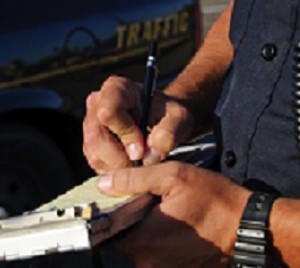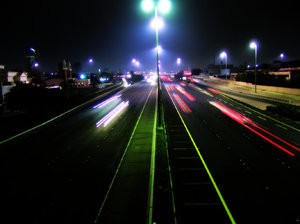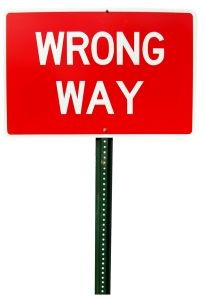According to a recent news feature from CBS Local Boston, a woman has just been arrested after she allegedly crashed into a Massachusetts State Police Cruiser in Boston, injuring a trooper. Authorities say the alleged drunk driving crash occurred in on Route 93 in Boston near the Mass Ave exit around 1:30 a.m. The alleged drunk driver was in a 2010 Chevy Malibu.
 A spokesperson for the Massachusetts State Police (MSP) say the Chevy Malibu was being driven by a 21-year-old woman who was operating her motor vehicle under the influence of alcohol at the time of the accident. Specifically, the allegations are that she rear-ended the trooper’s cruiser with enough force to cause an injury. Continue reading
A spokesperson for the Massachusetts State Police (MSP) say the Chevy Malibu was being driven by a 21-year-old woman who was operating her motor vehicle under the influence of alcohol at the time of the accident. Specifically, the allegations are that she rear-ended the trooper’s cruiser with enough force to cause an injury. Continue reading
 Boston Drunk Driving Accident Lawyer Blog
Boston Drunk Driving Accident Lawyer Blog










